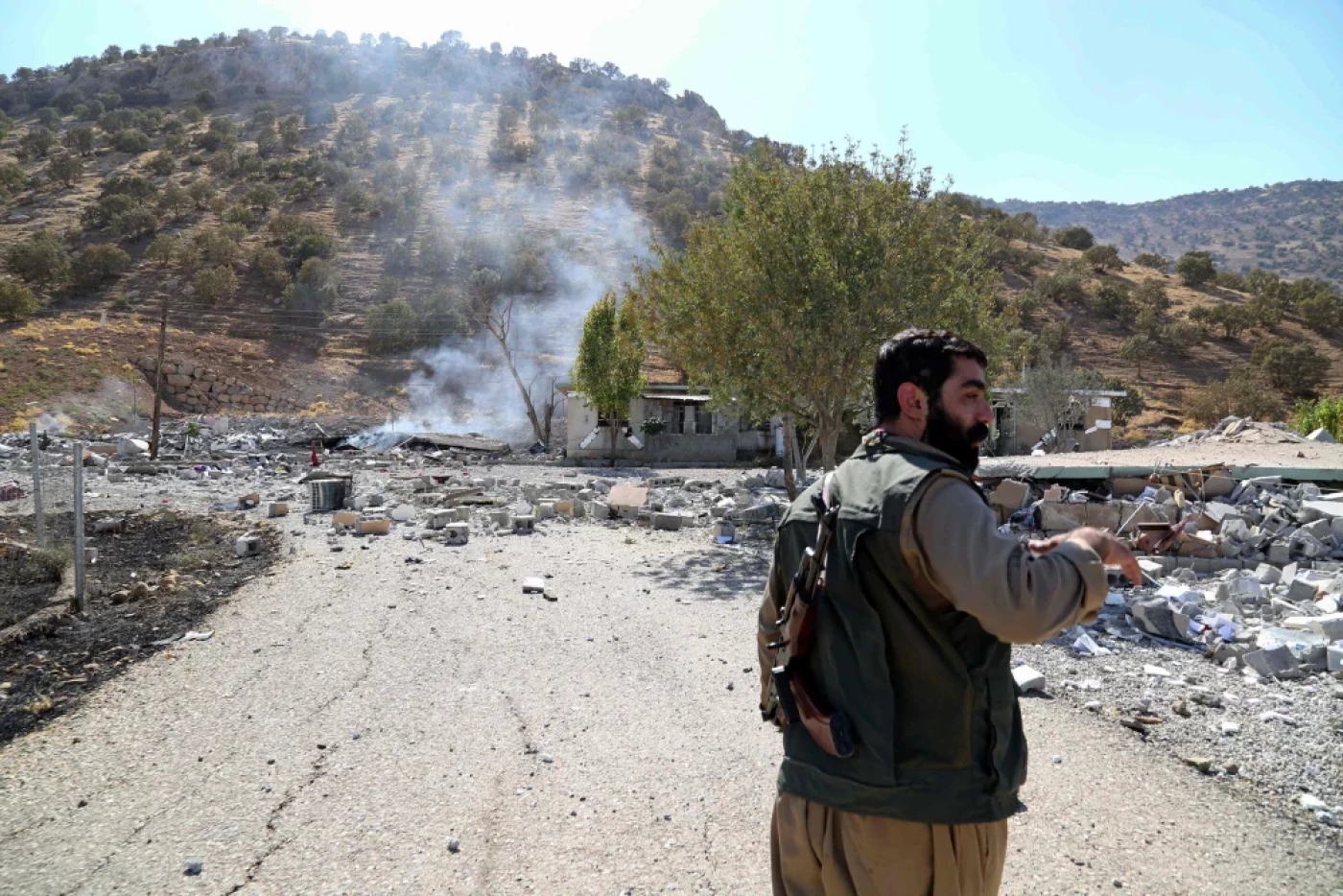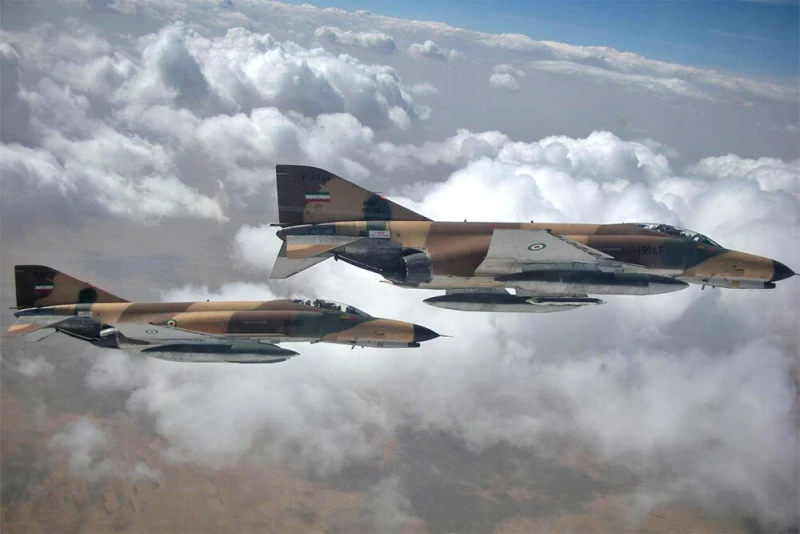ERBIL, Kurdistan Region of Iraq - Over a week after the Iraqi National Security Council banned all activities of Iranian opposition groups, the Kurdish armed groups, which Iran views as threats to its national security, were relocated from their bases in Zirgwez to new camps in Surdash, two different areas of Sulaimani province, as part a security pact between the two neighboring countries.
Iraq and Iran signed a security agreement in 2023 to address Tehran’s concerns over exiled Iranian-Kurdish armed groups that have sought refuge in Iraqi and Kurdistan Region territories for decades. In September 2023, Iraq announced it had completed the disarmament of the groups and moved their members away from the borders.
The Saturday relocation also comes after Sulaimani’s internal security forces earlier this month gave a ten-day ultimatum for the exiled Kurdish groups they leave their bases in Zirgwez, or they would be moved out by force.
The three relocated parties are: the Komala of the Toilers of Kurdistan, Komala of Revolutionary Toilers of Iranian Kurdistan, and Komala Kurdistan’s Organization of the Communist Party of Iran.
"To avoid tensions and unease in the area, we have been forced to abandon our bases. The new camps assigned to us are not to our liking, so we have asked for specific camps and bases to be made for each Komala party in Surdash,” Edris Komasi, media officer of the Komala of Revolutionary Toilers of Iranian Kurdistan, told The New Region.
Earlier in May, the Iraqi National Security Council banned all activities of Iranian opposition groups, arguing that their presence would “violate the Iraqi constitution and laws.”
Zirgwez, where the Komala Party branches were headquartered, is located 10-12 kilometers south of Sulaimani’s city center, while Surdash, the new destination, is around 50 kilometers north of Sulaimani. Surdash is situated deeper into Iraq, being some 70 kilometers farther away from the Iranian border compared to Zirgwez.
Iran has long pushed for authorities in Iraq and the Kurdistan Region to clamp down on the activities of exiled opposition groups operating in their territory, with a well-informed source having previously told The New Region that Tehran had threatened military strikes against the dissident organizations should Erbil and Baghdad fail to take action.
Iran has repeatedly stated that there are still some elements of the agreement that need to be fulfilled but noted that both Baghdad and Erbil have been very cooperative in its implementation.
Fulfilling its obligations per the pact, the Iraqi National Security Service announced in September that they had shut down 77 military bases of the Kurdish exiled groups near Iran’s border areas, with their forces relocated to six refugee camps, including four camps in Erbil and two camps in Sulaimani.
However, despite Tehran’s public satisfaction with the way the agreement has been implemented, they still seek a complete removal of said groups.



 Facebook
Facebook
 LinkedIn
LinkedIn
 Telegram
Telegram
 X
X


